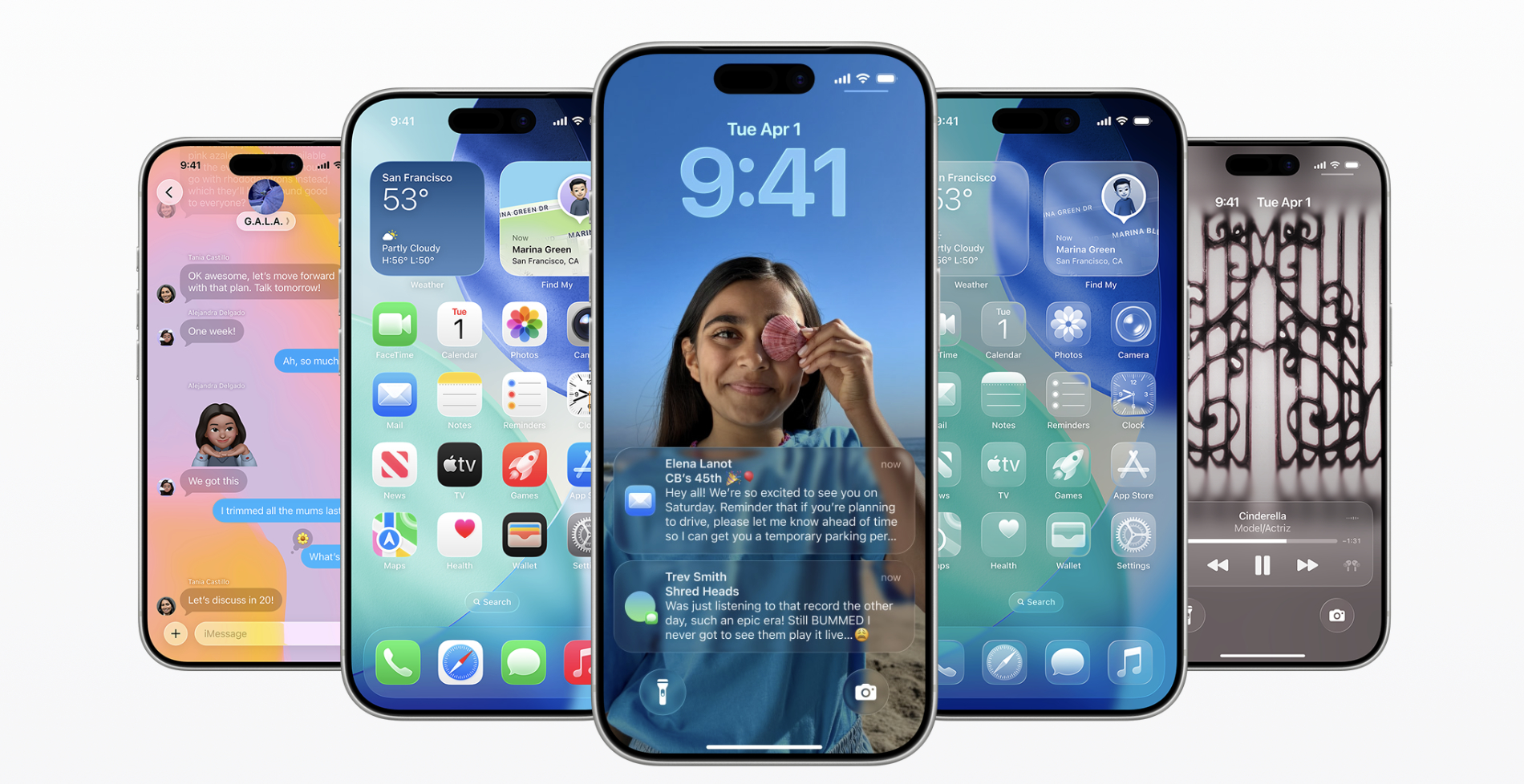
Elon Musk’s X is preparing to make “Likes” private on the social network, in a change that could potentially confuse users over the difference between something they’ve favorited and something they’ve bookmarked. According to new posts by company employees, the decision to hide “Likes” is meant to incentivize engagement, by allowing people to favorite content that seems “edgy” and to protect their public image.
It’s not clear this is the best solution to the problems X is trying to fix, such as more signal for its algorithm so it can better personalize its content to your interests.
The change comes across as somewhat unnecessary, given that X, the company formerly known as Twitter, already had a private way to save posts on the platform: Bookmarks. While X’s bookmarks are meant for collecting posts you may want to refer back to or threads you may want to read later, they also served as the more private alternative to the “Like.”
Adding to the confusion is the fact that users will be able to see who liked their posts as well as the like count for all their posts and replies. In other words, the private “Like” is only semi-private — it’s known to the poster, who could theoretically expose someone’s “Likes” if they wanted to. If X is trying to incentivize “edgy” engagement, such as liking posts that feature adult content or extreme political positions, for example, people may still be hesitant to “Like” that content, given that it’s not an entirely private system.
Instead, they may continue to use X’s bookmarks or even external link-saving tools to save those liked posts they don’t want to risk exposing.
According to posts by X employees, users will no longer be able to see the “Likes” associated with other people’s posts nor will they be able to browse someone’s “Likes” through a tab on their profile. This could help to eliminate the snooping others do, but it also removes a useful discovery feature.
If you’re just joining X, for instance, you might browse the “Likes” of others you follow to get ideas about who else they may find interesting and engaging. Or, if exploring another person’s profile to determine if you’d want to follow them, you could use their “Likes” to get a sense of what sort of content they’re generally into.
The real problem with “Likes” is that the feature’s creation shifted the meaning of what used to be a bookmarking function. Before it was rebranded from a star to a heart icon, as was the fashion at the time, the feature was more of a “favorite” rather than a signal of support. Users could theoretically favorite anything because doing so did not suggest that they actually enjoyed or agreed with the content.
Rather, it could be something they were simply documenting — a politician’s statement you massively disagreed with, but wanted to remember; a post that warranted further research; posts you were collecting to later build out a collection in Moments (RIP); a billionaire’s most upsetting or ridiculous posts, and more. No one could reasonably accuse you of “liking” the content because you weren’t clicking a heart icon, thus giving you plausible deniability.
When Twitter shifted from stars to hearts, users were outraged. They understood that hearts conveyed an entirely different meaning which impacted how they would use the social network.
Wrote TechCrunch at the time, “…the ‘Like’ is limiting in what it allows a user to express,” while the Favorite function could mean all sorts of things, like a “thank you, a handshake, a tip of the hat, or even a Robert DeNiro stare down.” TechCrunch said then that the change from stars to hearts wouldn’t solve Twitter’s larger issues around growing its user base and creating more engagement, and it largely did not. The company had to find an exit after quarter after quarter of flat growth.
As a result of the backlash over the change, Twitter later launched Bookmarks to bring back a way to save something privately, including those posts that you didn’t necessarily agree with, as well as those that you intended to reference again.
Now, as X is shifting the functionality around the “Like” once again, many users are registering their disappointment. On X, people are suggesting a variety of alternatives to this proposed change, like making the “Likes” private as an option, not a default, or long-pressing the heart icon to leave anonymous “Like.” Others warned that privatizing “Likes” could lead to manipulation as creators employed armies of bots to boost their content and help them generate revenue.
There’s another solution, too, and it’s one alluded to by former Twitter CEO Jack Dorsey. While we don’t agree with much Dorsey has to say these days — that Nostr, for instance, is the future of social, or that Bluesky is some sort of censorship platform — on the Likes vs. Stars debate, he’s onto something.
Wrote Dorsey in a post on X, “…’like’/❤️ was originally a ⭐️. we should have never moved away from that.”
His post has over 700 “Likes” and many replies agreeing with the sentiment.
If what X is after is not adding more privacy around user engagement functions but rather more signals for its algorithm, it doesn’t need to hide “Likes.” A simple shift away from the heart icon — perhaps to a star! — would be a much less dramatic change while accomplishing the same goal.






